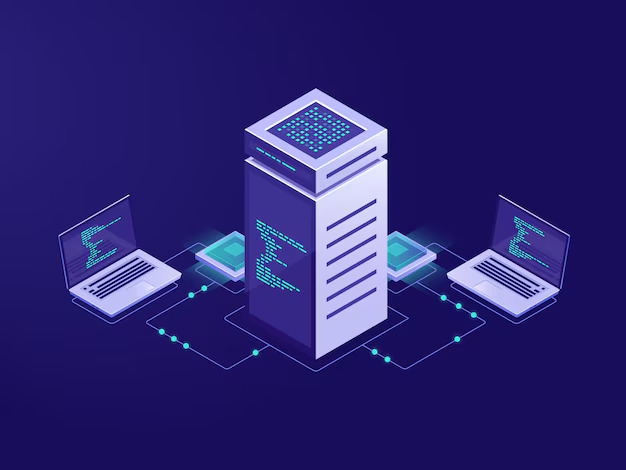Linux servers may experience frequent reboots for several underlying reasons, which can range from hardware malfunctions to software-related issues. Hardware problems such as defective RAM, inadequate power supply, or overheating components can lead to unexpected shutdowns and restarts. Additionally, critical system errors or kernel panics, which occur when the operating system encounters a severe issue it cannot recover from, can also trigger automatic reboots. Furthermore, scheduled updates that necessitate a restart, as well as system crashes caused by poorly designed applications, contribute to the frequency of reboots.
Another significant factor that can lead to the rebooting of Linux servers is the configuration set by system administrators. In some cases, administrators may intentionally schedule reboots to apply updates or maintenance tasks, ensuring that the server operates optimally.These planned reboots are often part of routine system management practices aimed at enhancing performance and security. However, if not managed properly, they can lead to disruptions in service availability.
To accurately determine the cause of frequent reboots, it is essential to analyze system logs for any error messages or warnings that occurred around the time of the reboot. These logs can provide valuable insights into the specific issues affecting the server, allowing for targeted troubleshooting and resolution. By systematically reviewing these logs, administrators can identify patterns or recurring problems, enabling them to implement effective solutions to minimize downtime and enhance the overall stability of the Linux server environment.

